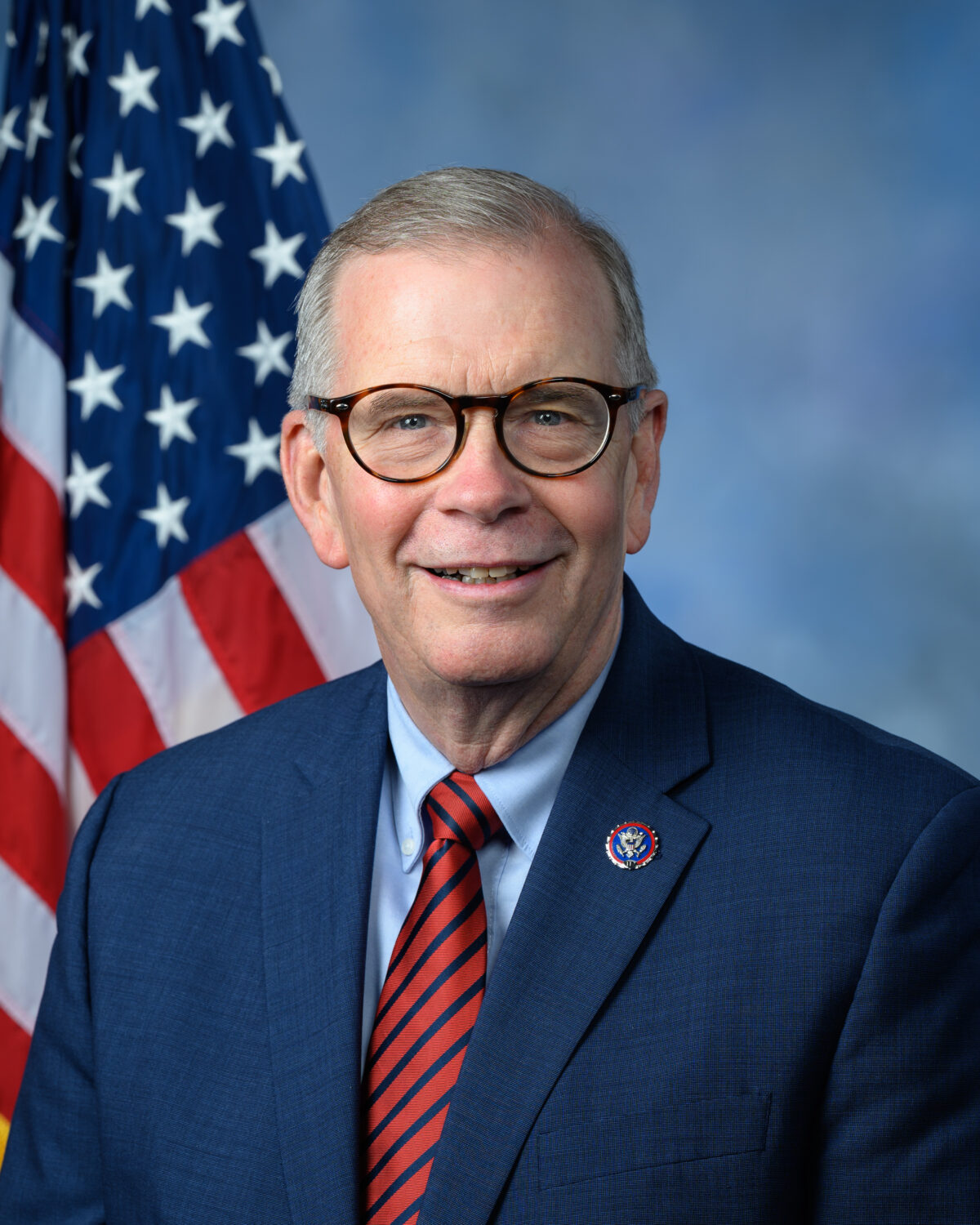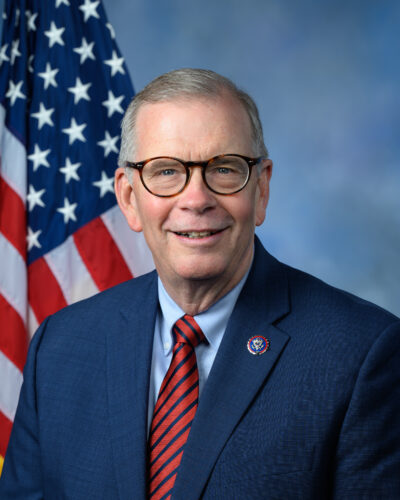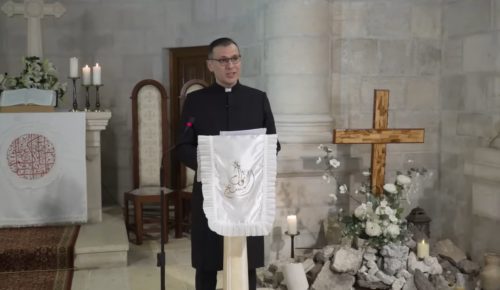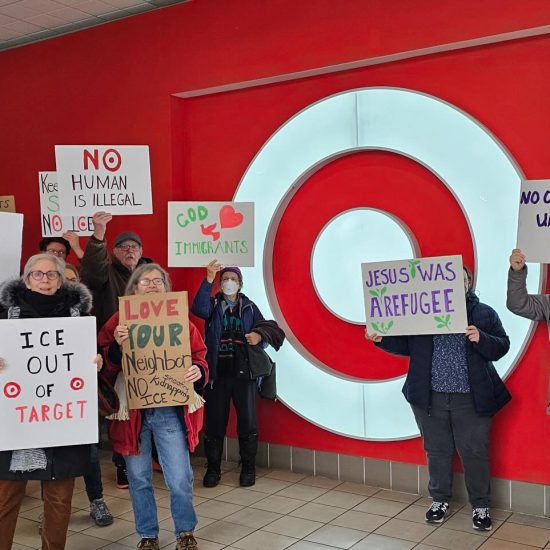
U.S. Rep. Tim Walberg, a Republican from Michigan who used to serve as a Baptist pastor, suggested at a town hall during Holy Week that the Gaza Strip should be nuked.
“We shouldn’t be spending a dime on humanitarian aid,” he declared on March 25 after a constituent asked about the U.S. effort to build a port to deliver humanitarian aid to starving people in Gaza. “It should be like Nagasaki and Hiroshima. Get it over quick.”

Rep. Tim Walberg
Walberg’s comment came after more than five months of intense bombing on Gaza has already leveled much of the besieged territory and sparked allegations of genocide against Israel. Since Hamas terrorists killed more than 1,100 Israelis on Oct. 7, Israel’s attacks have killed more than 32,700 people in Gaza — including more than 13,000 children. Experts fear the numbers could quickly rise from famine if more aid doesn’t reach Gaza. The International Court of Justice last week ruled unanimously that Israel must allow humanitarian assistance to enter Gaza because “famine is setting in.”
Amid that grim news, Walberg spoke against providing aid and appeared to instead call for greater genocide with deliberate mass destruction. His comments sparked controversy since they came from a member of Congress. He’s also a former pastor who often talks about his faith guiding his politics. A graduate of three evangelical schools — Moody Bible Institute in Illinois, Tayler University in Indiana, and Wheaton College in Illinois — Walberg previously pastored churches in Indiana and Michigan and worked for Moody Bible Institute.
In a Moody publication in February, Walberg talked about how he gathers with other Christian lawmakers for “Bible studies and prayer groups.” Asked about his biggest challenge as a lawmaker, he answered: “Living out my biblical worldview and not succumbing to acquiesce in any way, shape, or form to anything that God condemns. … I can’t — by silence or direct statement — condone what God condemns.”
“Politics is just another format that can be used as a place of intentional ministry,” Walberg previously said in an interview with World magazine. “Everything comes at me through the filter of my faith. It has to be that way if this is more than a religion.”
Although ordained as a Baptist minister, Walberg now calls himself “Protestant unspecified” when CQ Roll Call asks congressional members every two years about their religious affiliation. However, he attends a church affiliated with the Church of the United Brethren in Christ, USA. Emerging out of Mennonite roots, the tradition still promotes peace (but isn’t fully pacifist).
“We wish to go on record as a church as being much in favor of national and international peace; and we urge our leaders to always pursue peace,” the denomination says in its beliefs.
After controversy erupted about his comments, Walberg released a statement on Easter claiming he was just using “a metaphor” and not calling for actually dropping nuclear bombs. The metaphor, whether it involves literally nukes or not, still conjures up a vision of total destruction far beyond military targets.
Christian churches in Gaza have been damaged by Israeli forces, including a Baptist church. The remaining Christian communities would be among those facing the Nagasaki-like treatment desired by a former Baptist pastor. In that way, Walberg’s “metaphor” works in a way he may not have intended. The Nagasaki bomb landed close to a Catholic church, wiped out seven orders of nuns, and killed thousands of believers at the center of Catholicism in Japan. Yet, the bomb was blessed by a Catholic priest before a Catholic pilot delivered it to the doomed city.
“A genocide has been normalized,” Rev. Munter Isaac, pastor of the Evangelical Lutheran Church in the West Bank town of Bethlehem, said during his Easter Vigil sermon on March 30, as he pleaded for an end to the war in Gaza. “As people of faith, if we truly claim to follow a crucified Savior, we can never be okay with this. We should never accept the normalization of a genocide. We should never be okay with children dying from starvation.”
“These are dark, dark days. And in times like this, we Palestinians look at the cross, identify with the cross, and see Jesus identifying with us,” he added as he stood next to a cross planted in rubble to represent Gaza. “In Easter, we relive his arrest, torture, and execution at the hands of empire with a complicity of the religious ideology.”

Screengrab as Rev. Munter Isaac preaches during an Easter Vigil sermon at the Evangelical Lutheran Church in the West Bank town of Bethlehem, on March 30, 2024.






